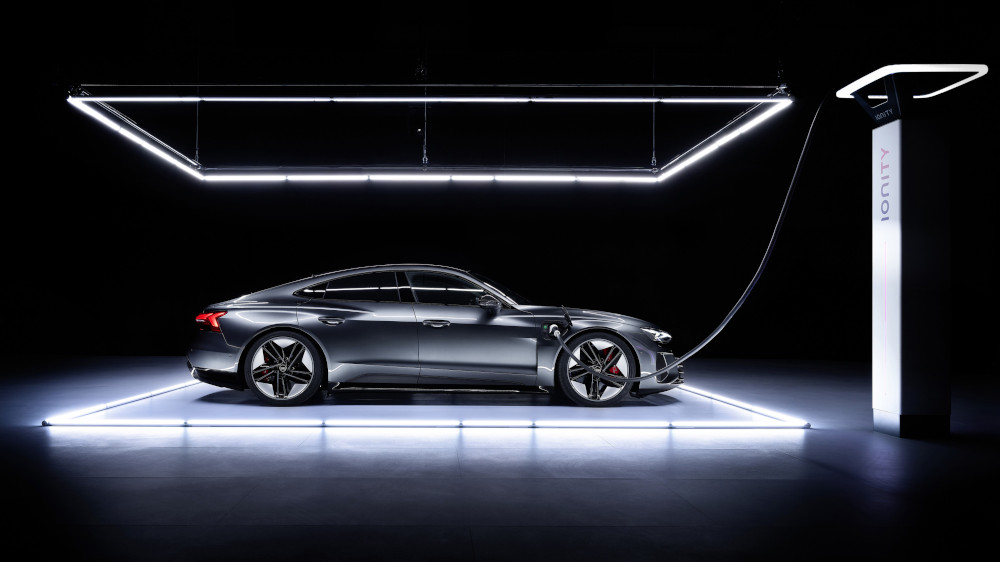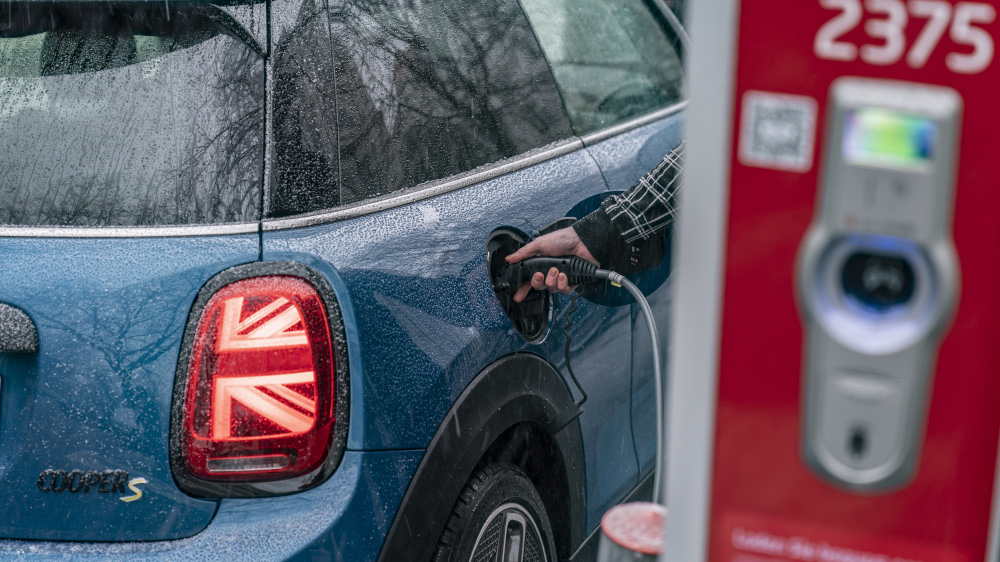The transition to electric cars
The National Grid and electric cars
The National Grid enables the supply of power across the UK.
There are two considerations when evaluating if we have the capacity to manage lots of EVs being plugged in at the same time. Firstly if we have enough energy and secondly if we have enough capacity to carry this energy where it is required.
View our brands electric and hybrid range.
Enough energy exists.
The most demand the UK has had for electricity was in 2002 with 62GW demand. Since then due to improved efficiency and alternative energy sources such as from renewable energy, peak demand has fallen by 16%. It is predicted electric cars would only contribute an increase by 10% so we would still be using less power than in 2002.
However, when this power demand happens is a bigger question. The traditional peak during the day is between 6 and 8 pm, which may also be when people returning home plug their car in. To provide sufficient infrastructure and energy as cheaply as possible, demand needs to be spread. Recently the Government’s EV Energy Taskforce recommended that car chargers should be ‘smart by design’ so that no matter when they are plugged in they will pause charging during a peak when energy costs more.
View our brands electric and hybrid range.
The National Grid's transmission system is always being upgraded, so there is also enough capacity. However, it is important that there is sufficient access to high power charging for longer drives such as on the motorway network.
So there is enough capacity and energy available for the nation to use EVs but it is worth noting these changes won't happen over night and will occur gradually giving enough time to continually upgrade infrastructure.
View our brands electric and hybrid range.


Are electric cars better for the environment though?
Its a common misconception that electric cars move harmful emissions from car exhaust pipes to power stations - you are simply moving the problem. However, the way we generate power has evolved and we are using more renewable sources. With the growth of renewable energy sources and the closure of a number of coal plants transport is one of the most polluting things we do.
Graeme Cooper, Project Director for the National Grid has said by 2030, the UK will have 40Gw of offshore wind power in the UK, which is an additional 30Gw compared to now.
EVs are more expensive but the initial extra cost be countered with government grants, slower depreciation, lower running costs and lower maintenance costs. Plus EVs have less of an impact on the environment so investing in an electric car can be a good way to reduce the size of your carbon footprint.
The government has put £950 million into funding for high-power on-route charging to ensure that every motorway service station in the UK will have enough capacity to meet EV charging demand.





